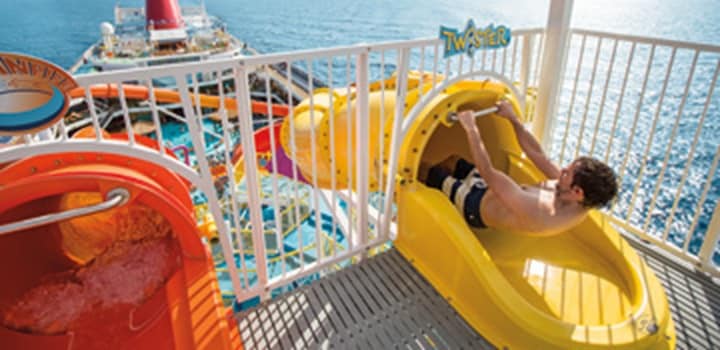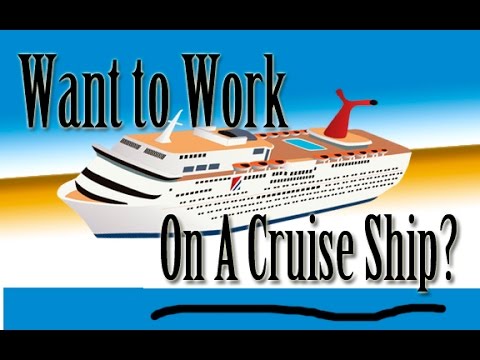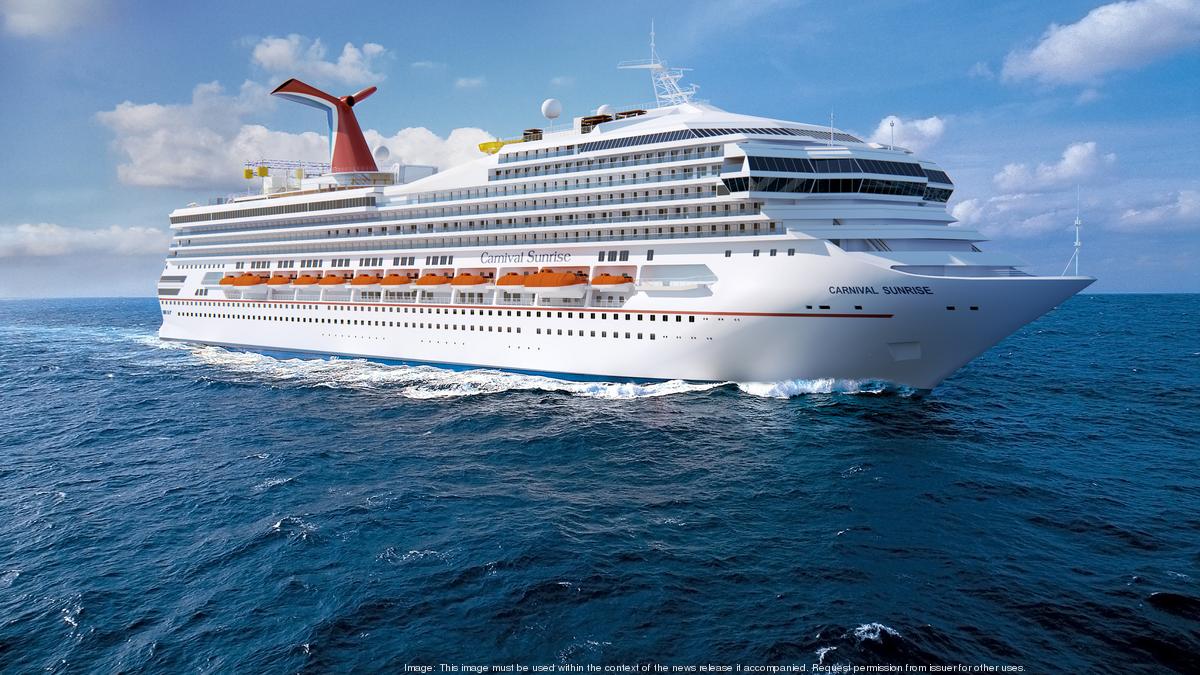
What is a "cruise director"? The cruise director, a senior officer on a cruise line, oversees all aspects, including entertainment and social events. In many ways, they are the company's spokesperson. Below are the basics of the role, as well as the qualifications you will need to be considered for the position. This article will provide information about the job description as well as salary requirements. This article will also include an overview about the educational requirements required for this position.
Job description
A Cruise director job description should highlight all the qualities that make a great leader and an excellent communicator. These characteristics are crucial for cruise directors because they have multiple responsibilities. While each cruise line will have a different job description, there are common characteristics that all successful cruise directors share.

Salary
A cruise director's salary can be very high. A new cruise director can expect to be paid around $45,000 per annum, which is considerably less than the average for similar positions. With a little bit of staff experience and a few years, a cruise manager could make a significantly higher salary in the future. The following article will provide more information about the salary of a cruise director.
Education Required
First, you must complete an education program that is specifically tailored for the position of cruise director. Cruise line education requirements vary, but a bachelor's degree is typically necessary. For a better understanding of the role, you might consider courses in hospitality, leisure studies or tourism as well as finance and management. Many people who go on to become cruise directors have worked in similar hospitality roles, such as managers of hotels. For example, you can major in hospitality and work in tourism for five years before deciding to pursue a career in cruising.
Qualifications
Although the qualifications required to be a cruise director vary from one company to another, experience is more important than education. However, a bachelor's degree in leisure studies or similar courses may give you a leg up. Additionally, fluency in multiple languages can be beneficial as certain ships cater to large numbers Russian passengers. Additional qualifications could include courses in business, hospitality or maritime activities. Experienced cruise directors have been transferred from related fields which can give you an advantage.

Experience
The Experience Cruise Director not only works on the front line but also has many key skills. He or she also has experience in entertainment, general operations, and events. A performer's background makes it possible for him or her to coordinate services and manage the team. Moreover, he or she is skilled in communicating with and motivating employees. A successful Cruise Director must be able to delegate and provide constructive feedback.
FAQ
Where can cruises start?
Miami, Florida is a popular place to start a cruise vacation. This city has both international and domestic airports. These two locations allow passengers to explore the rest of South America and Europe.
Is it necessary to have a passport in order to cruise?
You need a passport to travel the world. You can travel to any country with a passport without needing a visa or other paperwork.
In some countries, you may not be allowed to enter if your passport isn't valid. You can also stay longer abroad with a passport.
Which place should I take on my cruise vacation?
You should think about where you would like to go if you're interested in visiting other ports of call. You can also use this information to help narrow down your search. For instance, if you love history, you might want a cruise that visits places such as Alaska, Bermuda, Canada, England, France, Greece, Italy, Mexico, Spain, Turkey, etc. You may be more interested in water sports and beaches, so you might consider a trip that includes destinations such Jamaica, Aruba. Bahamas, Costa Rica. Panama. Hawaii.
Is there anything negative about cruising?
There are some things that you should be aware of when considering the pros and cons of cruising. Some people may decide that they don’t want to spend the entire vacation on a yacht. Some may prefer to stay on the beach or in a hotel. Others might feel uncomfortable leaving land for such a long time. However, these fears can be easily overcome by choosing a cruise that includes plenty of time ashore.
Statistics
- You'll need to budget around $80 per person per day for this option – and an additional 18% gratuity. (travel.usnews.com)
- In addition, 10 to 15 percent gratuity is typically added to bar bills — for alcohol and soft drinks — and gratuities are applied to spa treatments. (cruiseline.com)
- For an example of savings, Royal Caribbean offers up to a 40% discount with a dining package. (travel.usnews.com)
- You can save 15% off the total price if you book in advance of your trip. (travel.usnews.com)
External Links
How To
How to book a cruise
Booking a cruise through a travel agency is the best way to do so. This service should include booking the trip, arranging your flight and accommodation, dealing with insurance issues, and making payment arrangements. The agent will help you through the whole process and negotiate the best price.
There are many ways you can save money. Many people prefer to buy their tickets directly from the cruise line by going direct to them. If you do this, make sure you check out all the different deals they offer and compare them against what you would pay if you booked through a travel agent. A specialist online comparison site, such as CruiseCompare.com, is another option. You can enter your details into the website and see which companies offer the best price. You can then book the one that best suits your needs.
There are many other options available, if you are willing to do some research. If you are looking for a package deal that includes flights and accommodation, an internet-based company might be able to help you. Many websites offer such packages.
You could also ask friends and family members about their experiences with different cruise lines. They might be able to give you advice about how well-suited a particular cruise is for you.